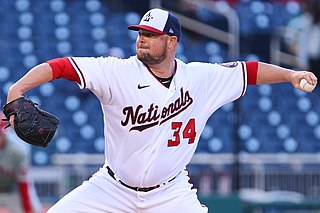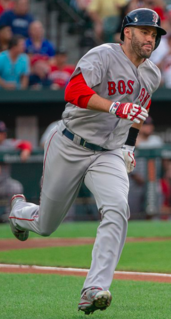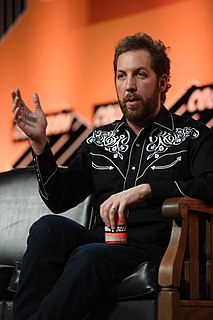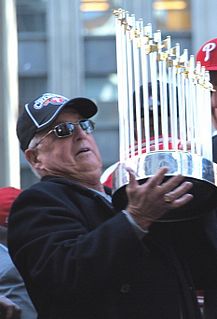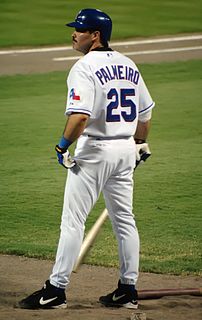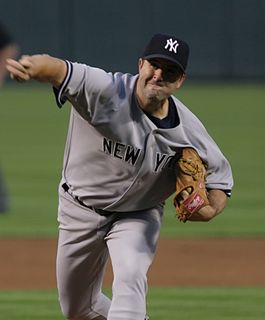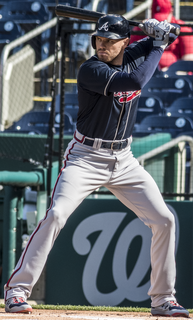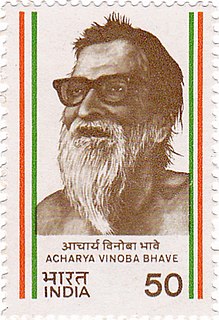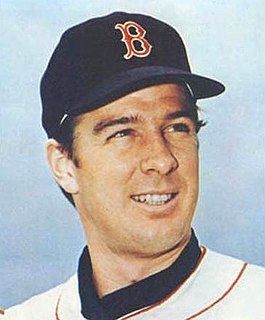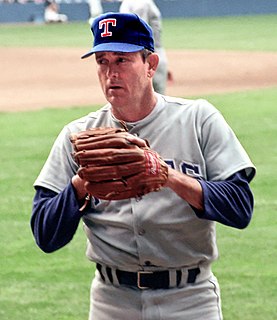A Quote by Jon Lester
Usually during the regular season, if you're starting pitcher, you're kind of walking back and forth from the clubhouse to the dugout and not really paying attention to what's going on.
Related Quotes
It's easy to sit there in the dugout when the game's going on and talk, chitchat about this and that. But I think paying attention, watching the pitcher, watching the game develop, putting yourself in situations you're not even in yet, anticipating the game, stuff like that, I think that really helps you take that extra step.
Dialogue is really aimed at going into the whole thought process and changing the way the thought process occurs collectively. We haven't really paid much attention to thought as a process. We have engaged in thoughts, put we have only paid attention to the content, not to the process. Why does thought require attention? Everything requires attention, really. If we ran machines without paying attention to them, they would break down. Our thought, too, is a process, and it requires attention, otherwise its going to go wrong.
Initially, it (winning the 1967 American League Pennant) was what you would dream about in Little League. The winning pitcher, being on the mound to win the pennant, everyone congratulating me. But a few minutes later, you realize you're not going where you want to go. I was trying to get back in the dugout. Thank God for the Boston police, they were able to control the crowd. It was delirium.
